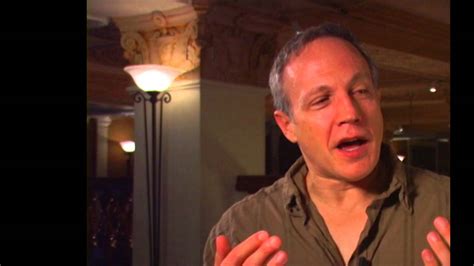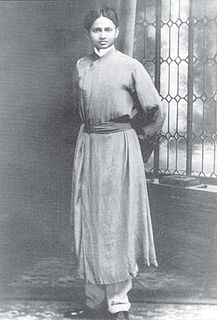A Quote by Isaac Watts
Academical disputation gives vigor and briskness to the mind thus exercised, and relieves the languor of private study and meditation.
Related Quotes
The three branches of somaesthetics: the analytic study of the body's role in perception, experience, and action and thus in our mental, moral, and social life; the pragmatic study of methodologies to improve our body-mind functioning and thus expand our capacities of self-fashioning; and the practical branch that investigates such pragmatic methods by testing them on our own flesh in concrete experience and practice.
Dhyan means meditation. Meditation means awareness, watchfulness, a silent witnessing of all the processes of the mind. And the magic of watching is that as your watchfulness deepens, the mind starts evaporating. When the watchfulness is absolute mind becomes nil, a zero. And the disappearance of the mind gives you clarity, absolute clarity, transparency; you can see through and through, you become a mirror. And then life is reflected as it is - not according to any doctrine, not according to the Bible or the Koran or the Gita but as it is. And to know life as it is, is to know god.






























